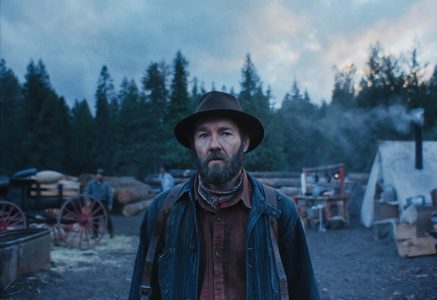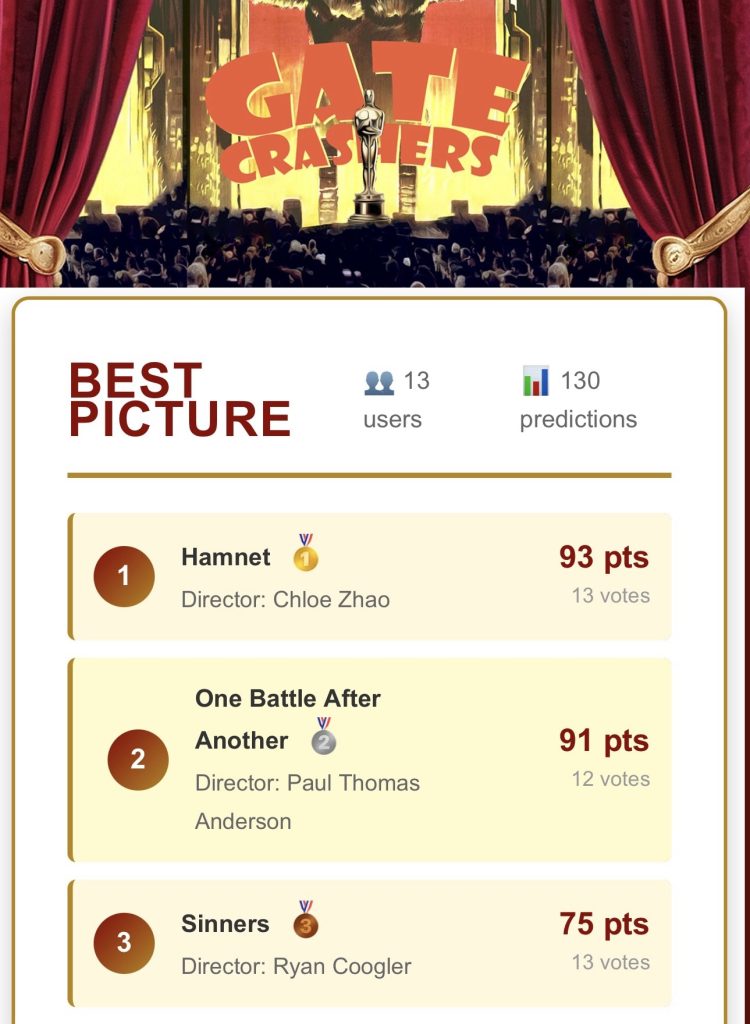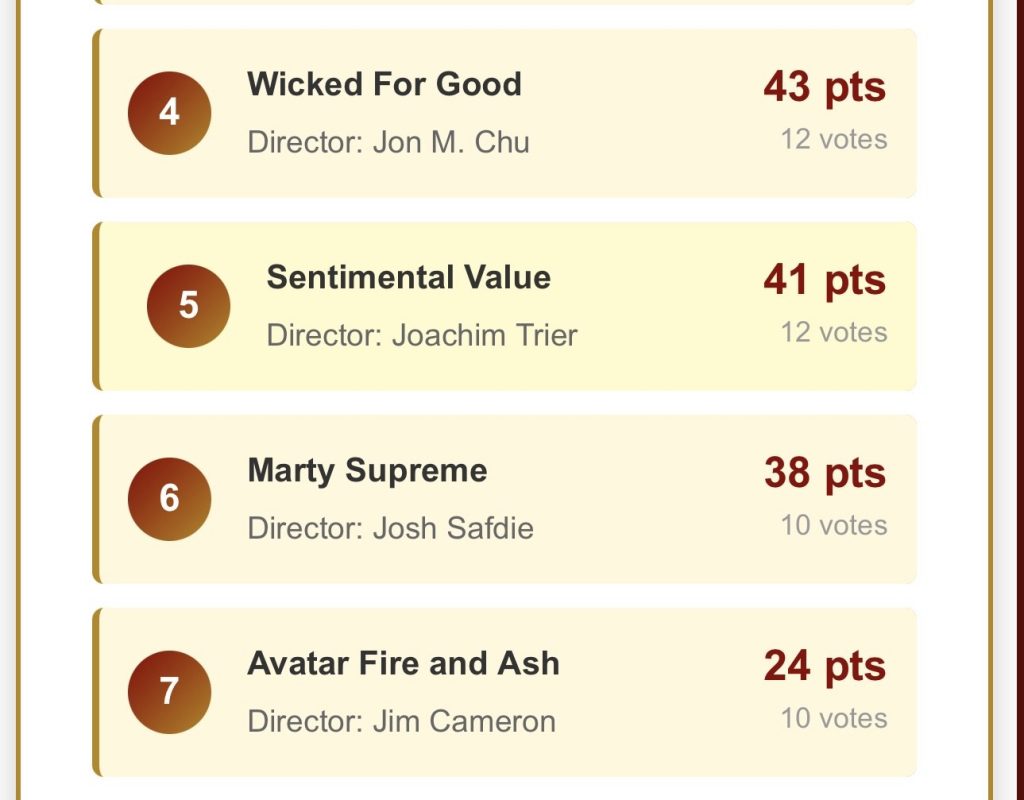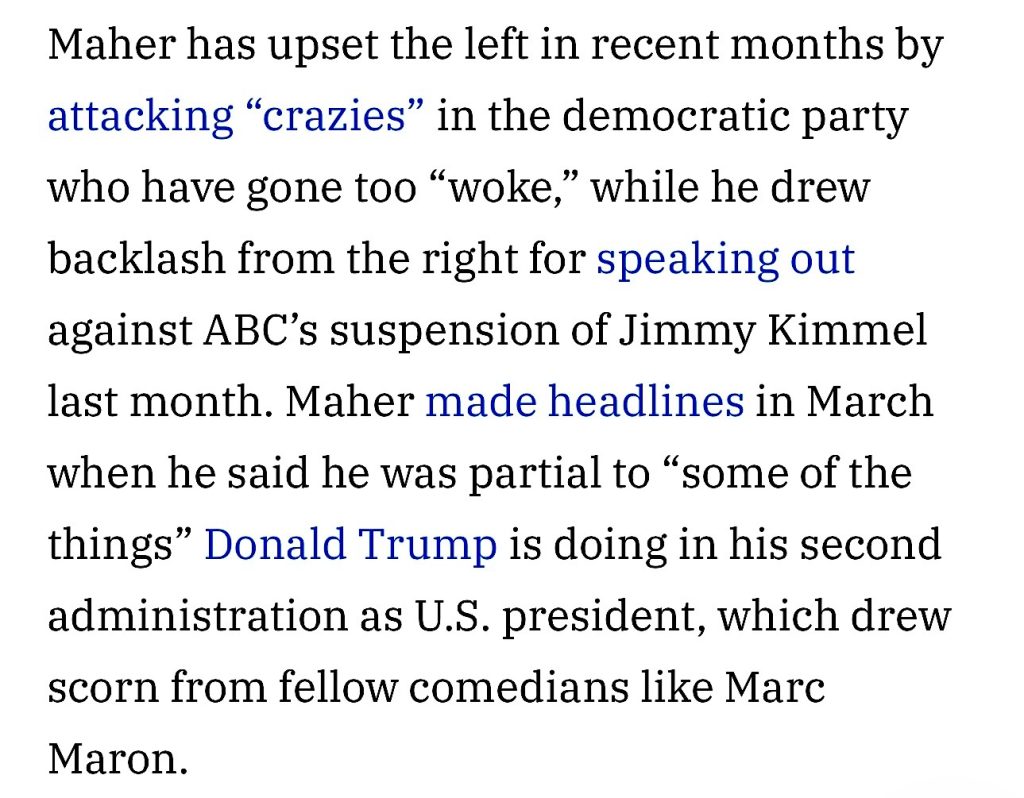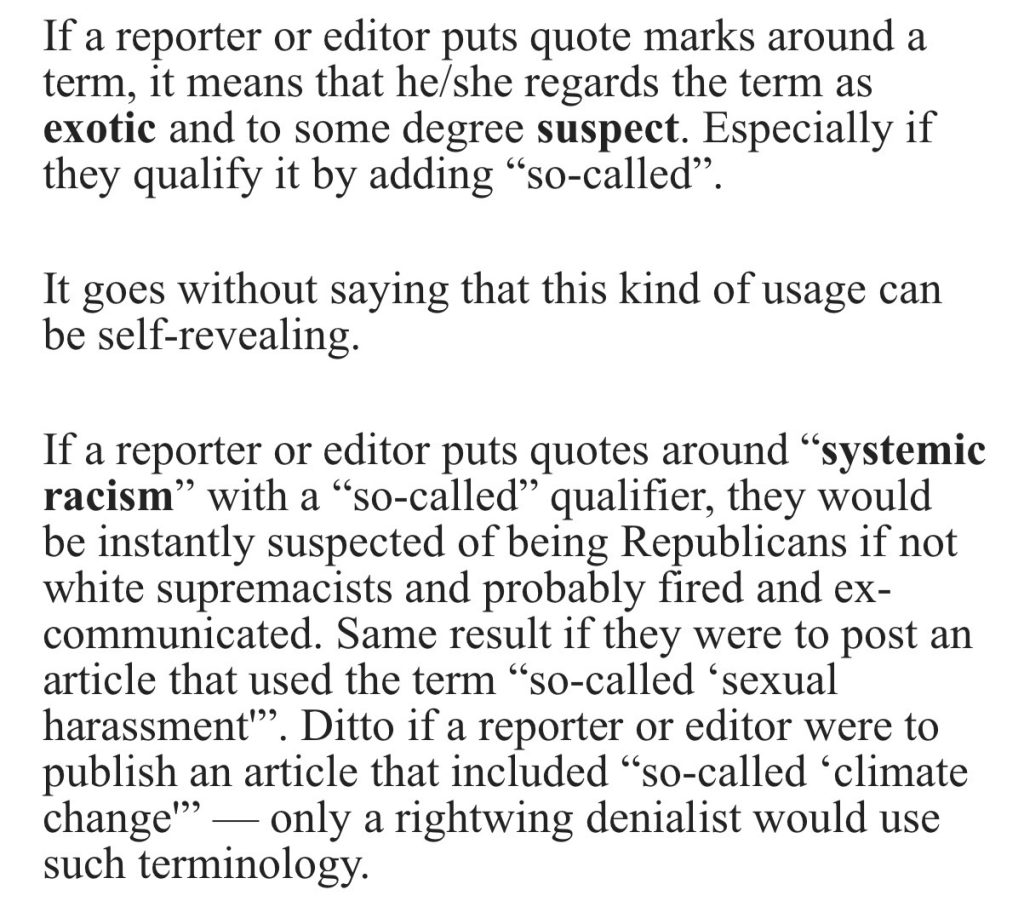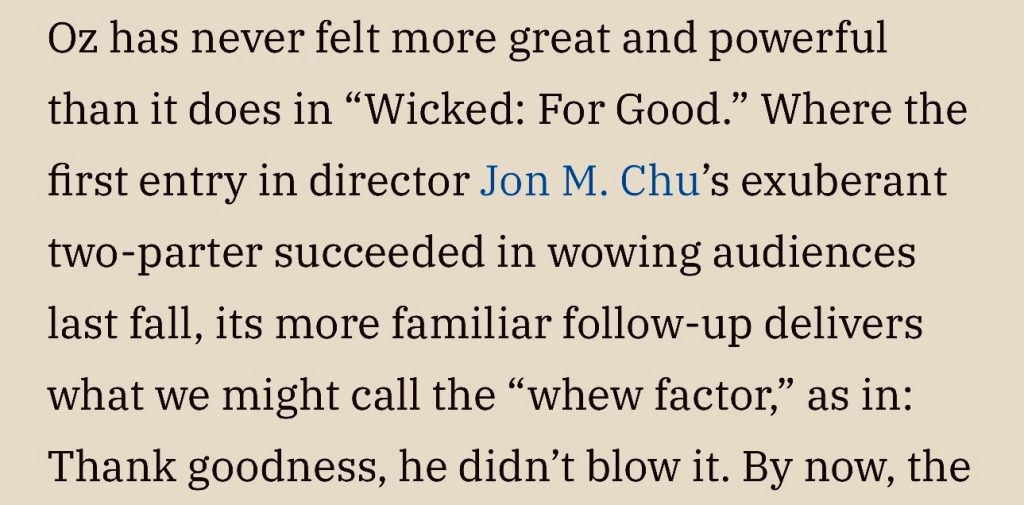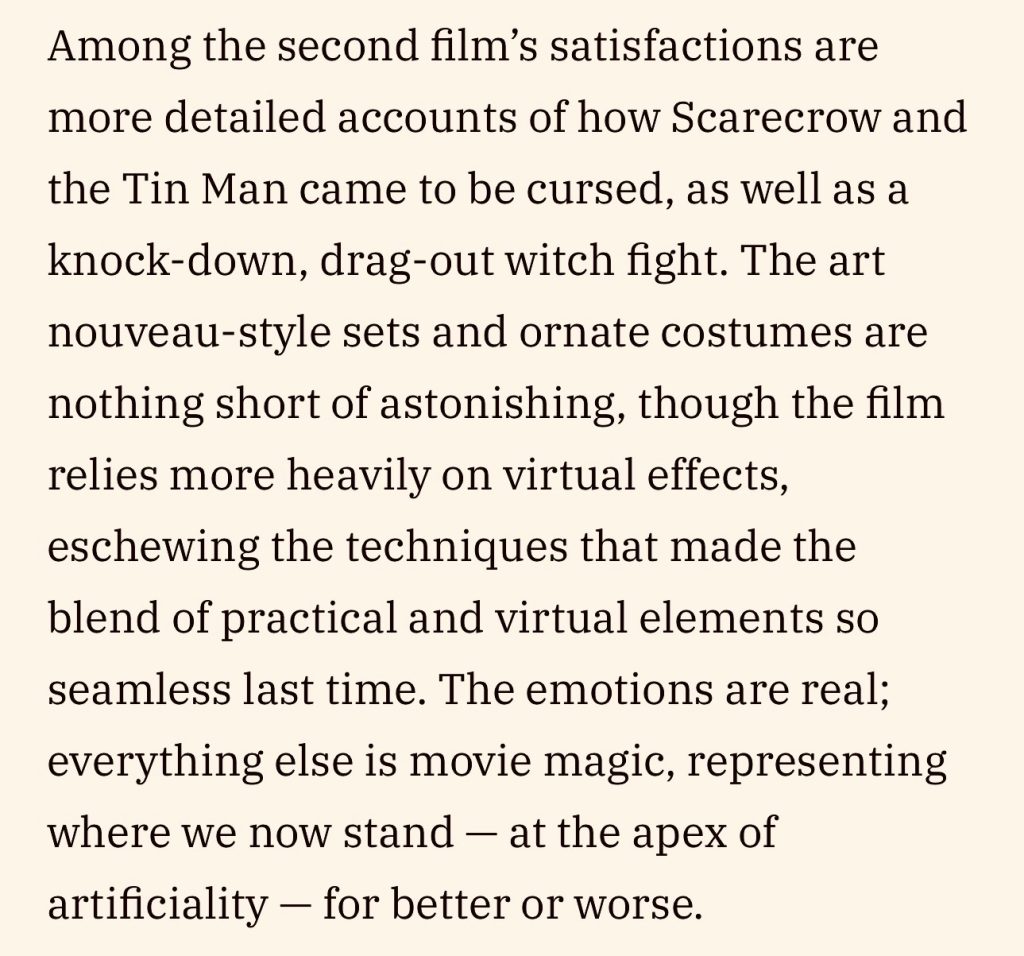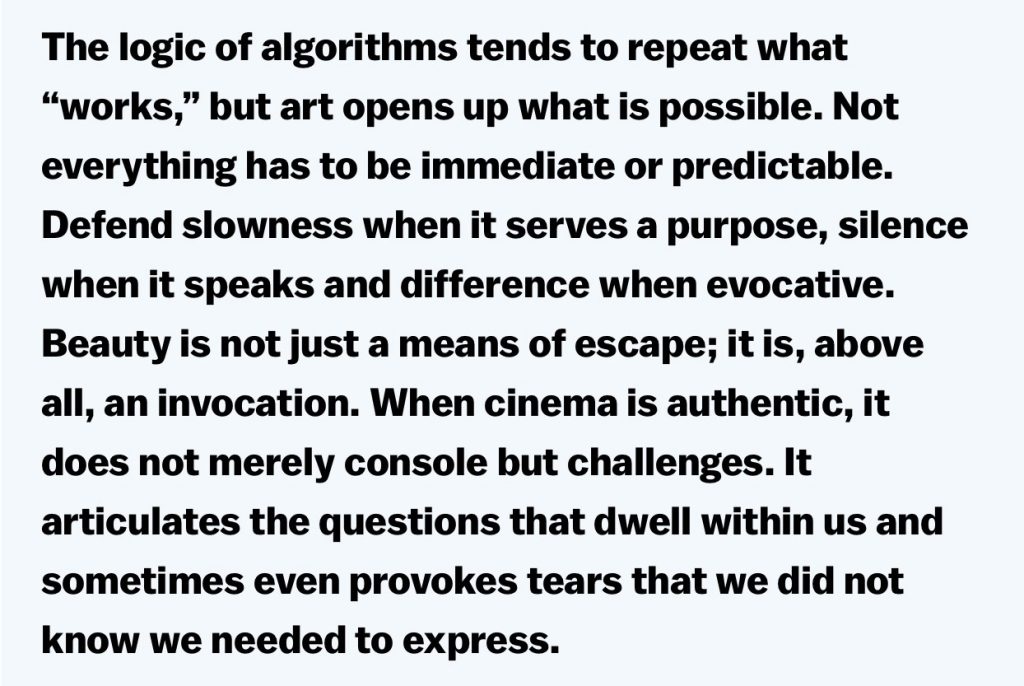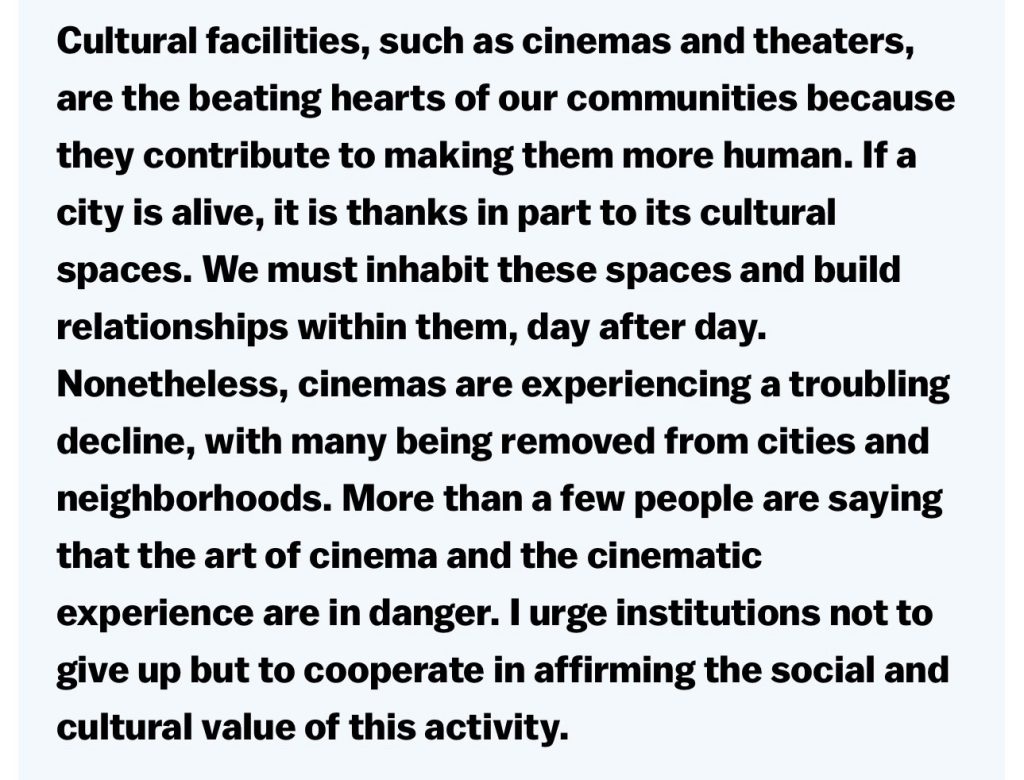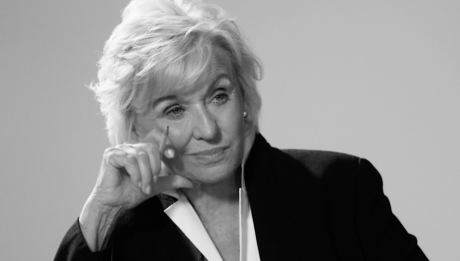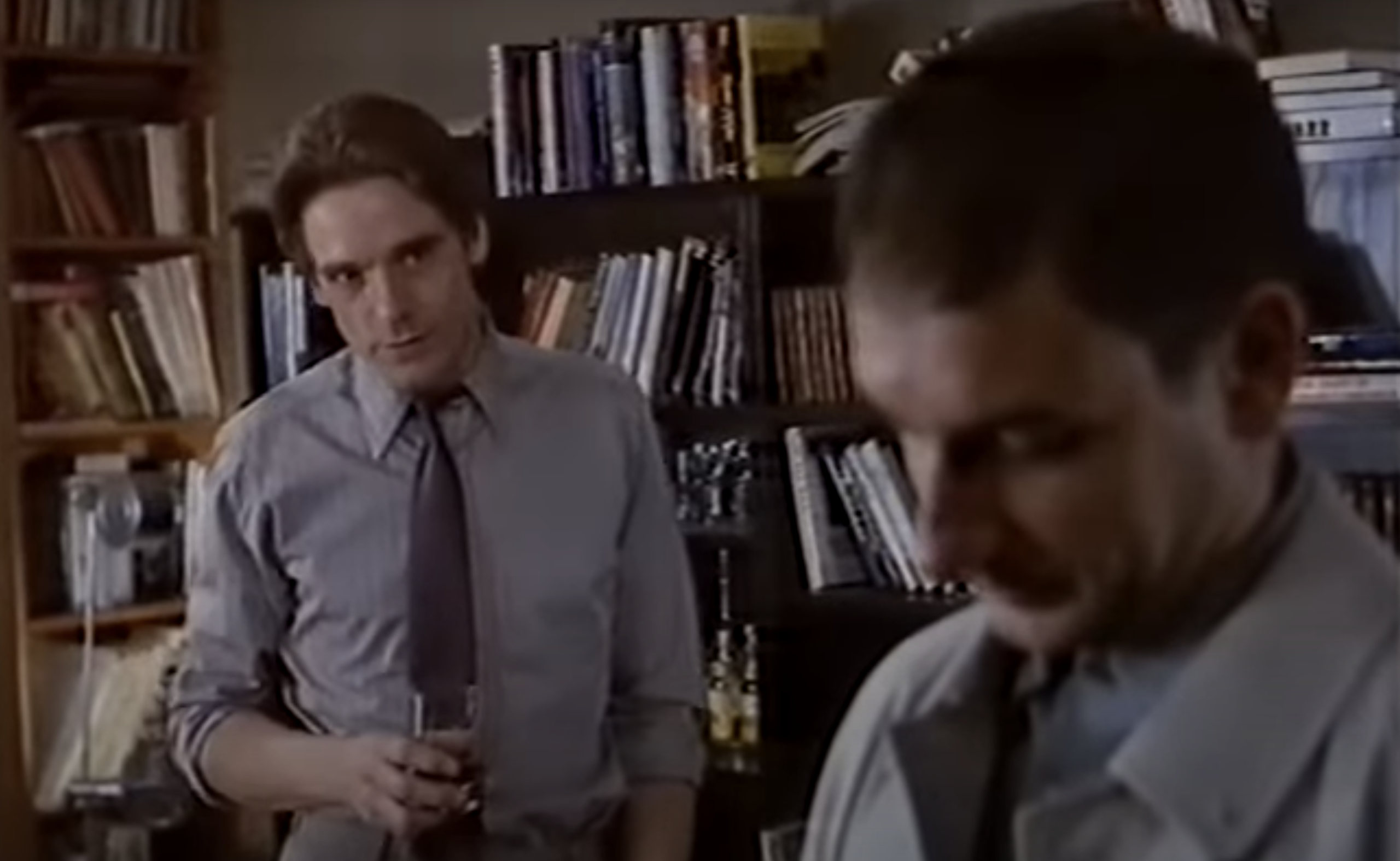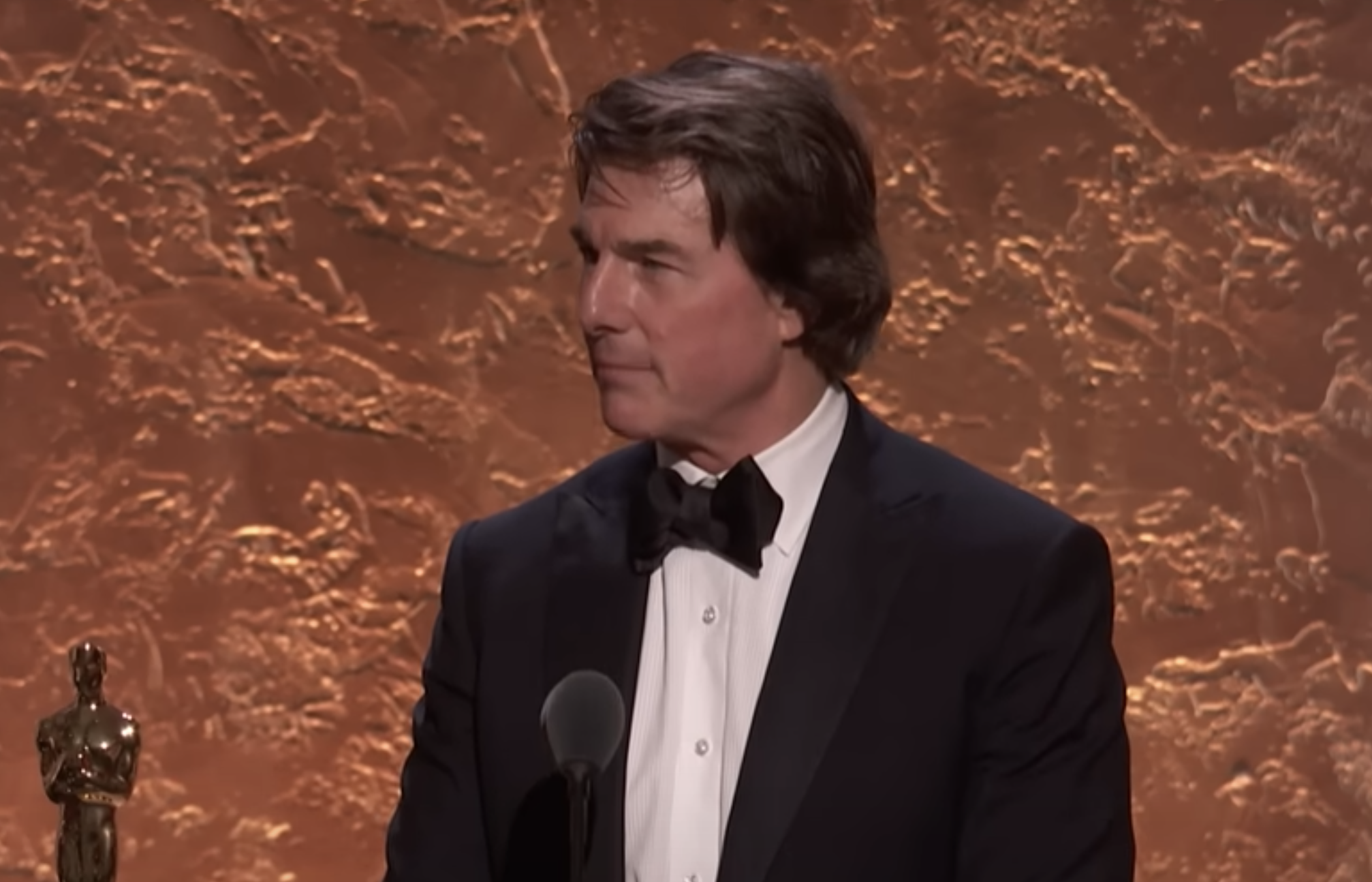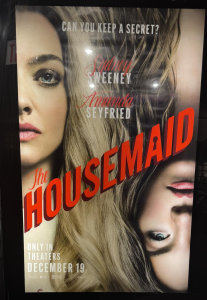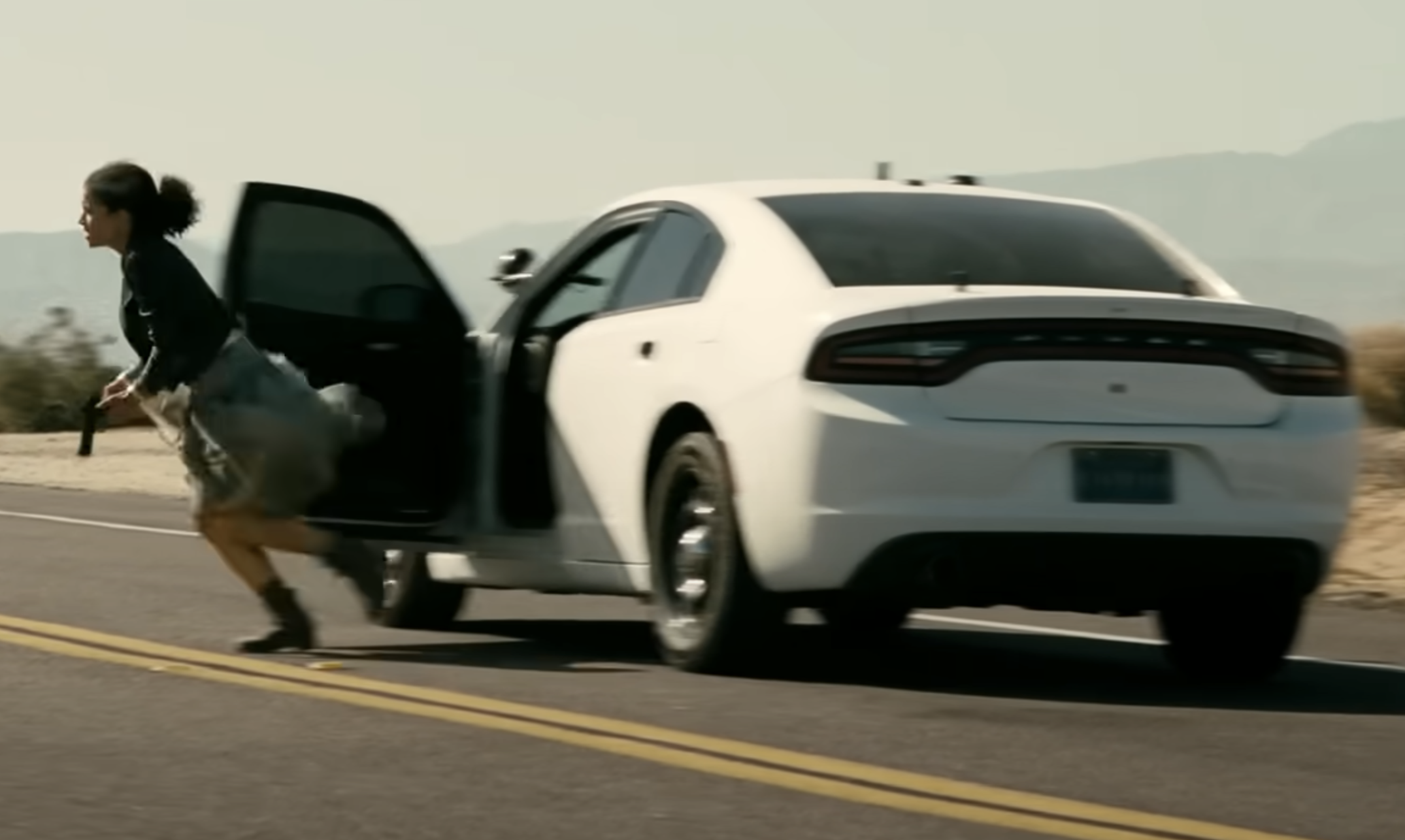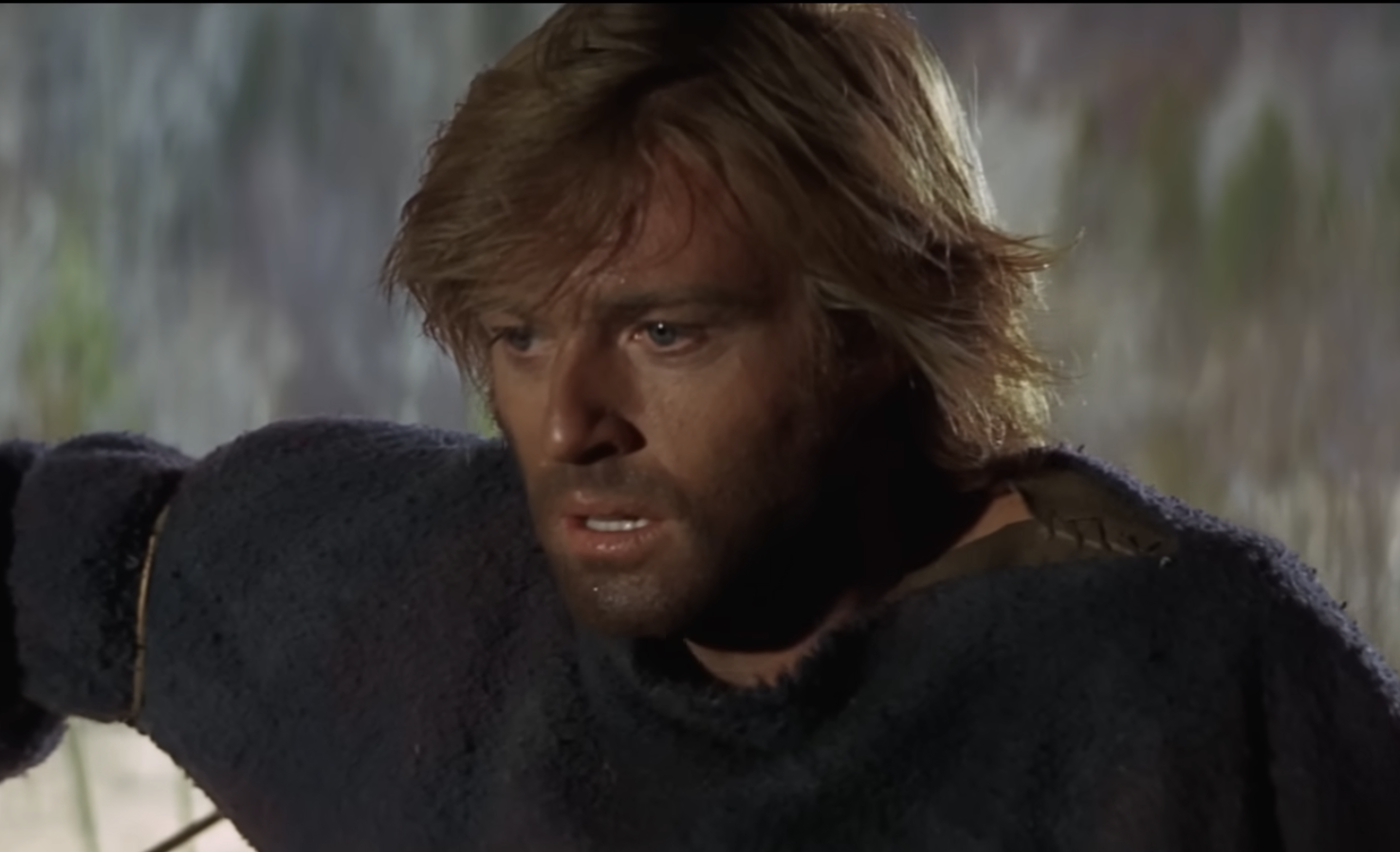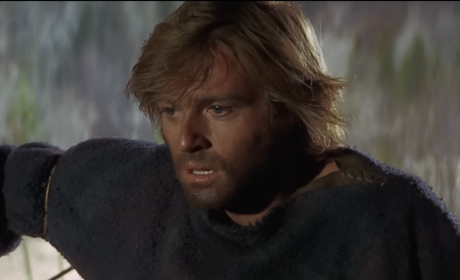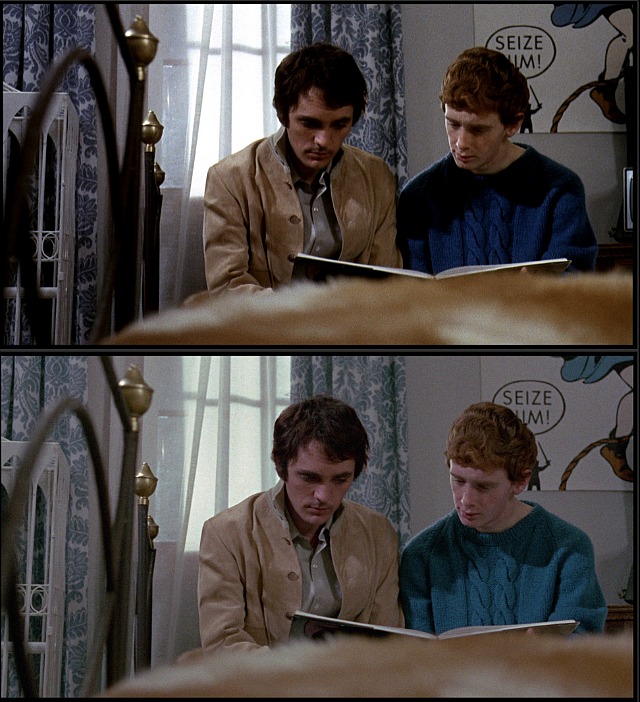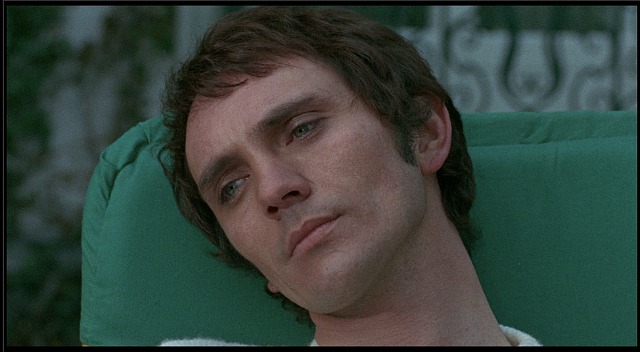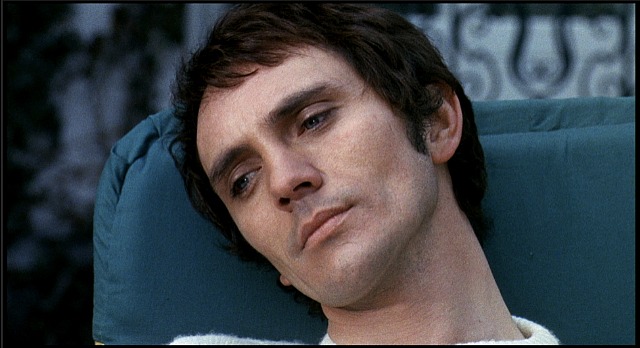Clint Bentley and Greg Kwedar’s Train Dreams (Netflix, 11.21) is a handsome, inoffensive spiritual snore of a period eye–bath film.
I sat there like a sack of Idaho potatoes in my IFC Center seat. Not bored but waiting for some sort of narrative edge or obsessive psychology or story tension angle (like the “dirt-poor scruffs hustling a clueless rich guy” scheme in Days of Heaven) to manifest. But nothing happens. Pretty to look at, sure, but what’s that?
I began my viewing as a human being of flesh, blood and bone, but by the time Train Dreams had finished with me I had gradually dissolved into a bowl of soggy, half-warm granola. I didn’t dislike watching it — fine, fine, plodding along — but at the same time I was feeling more and more like 2001’s HAL as Dave Bowman disengaged his logic and memory terminals.
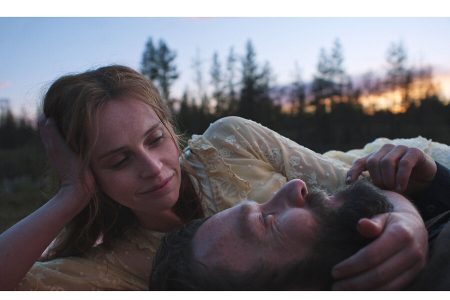
I knew Train Dreams would just shuffle and chop and saw and do the old beast-of-burden thing as it follows the early 20th Century logging life of Joel Edgerton’s Robert Grainier as he submits to a relentlessly exhausting, back-breaking, year-in-and-year-out regimen that will shorten his life and cut him zero breaks as he grows older and older and just mutters and putters and ponders…all of it happening in good old Idaho and the generally splendorific Pacific Northwest region…a life that guarantees black gunk under your fingernails and includes unfortunate brushes with sudden violence and racist ugliness and offers random samplings of shit–sandwich fate…a life that fills Robert’s nostrils with pine-needle and wood-chip scents and gives him eyeball orgasms on a daily basis but to what fucking end, bruh?
The truth is that I know a whole lot more about this naturalistic realm than wussy, flabby-bellied film critics because I used to work as a tree-climbing, ornamental-pruning, rope-carrying, spike-wearing, pole saw- and chainsaw-wielding tree surgeon, and that work is solely for young strapping guys, lemme tell ya, as it gradually wears you down and kills your spirit as you get into your 30s and certainly your 40s.
Plus poor Grainier is restricted to axes and hand saws for most of the film (far more grueling than working with chain saws), and it’s sorta kinda like watching a not-bright-enough doomed guy commit slow suicide. You really, really don’t want to do this shit for a living…trust me.
Plus Robert is far too lucky with women, especially for a bearded mook (he’s no Gary Cooper) with zero education and without much access to bar soap or deodorant or dabbings of Aqua Velva.
First he lucks into a loving marriage with Felicity Jones’ Gladys (an actress-pretty buttercup, she pretty much drops into his lap), and a daughter soon follows. Then shit happens (no spoilers) but fortune again smiles as Robert slides into a nice, easygoing thing with dishy, 40ish Kerry Condon. And then a feral woman who may be his long-lost daughter turns up, and she’s rather pretty also.
Where are the homely women with disagreeable personalities and fried-egg breasts and feet badly in need of a pedicure? Robert is two or three steps removed from being a well-behaved gorilla, and yet he’s basically a young Errol Flynn…a babe magnet. Why? Does he give good cunnilingus or something? Being an uneducated logger of few words, does he even know what giving good head is, or what it can amount to?
Oh, and that “please see this on a big movie screen because you won’t get the full effect watching it on Netflix in your living room”? Bad advice because there’s no understanding at least half if not two-thirds of the dialogue (I heard Jones say “saw mill” to Edgerton but that was about it), and so you kinda need those Netflix subtitles.
Am I saying “don’t watch this”? No — it’s a gently touching, mildly engaging film here and there. It never quite bores, but it’s also nothing to jump up and down about. I’ll take Jeremiah Johnson over Train Dreams any day of the week.
